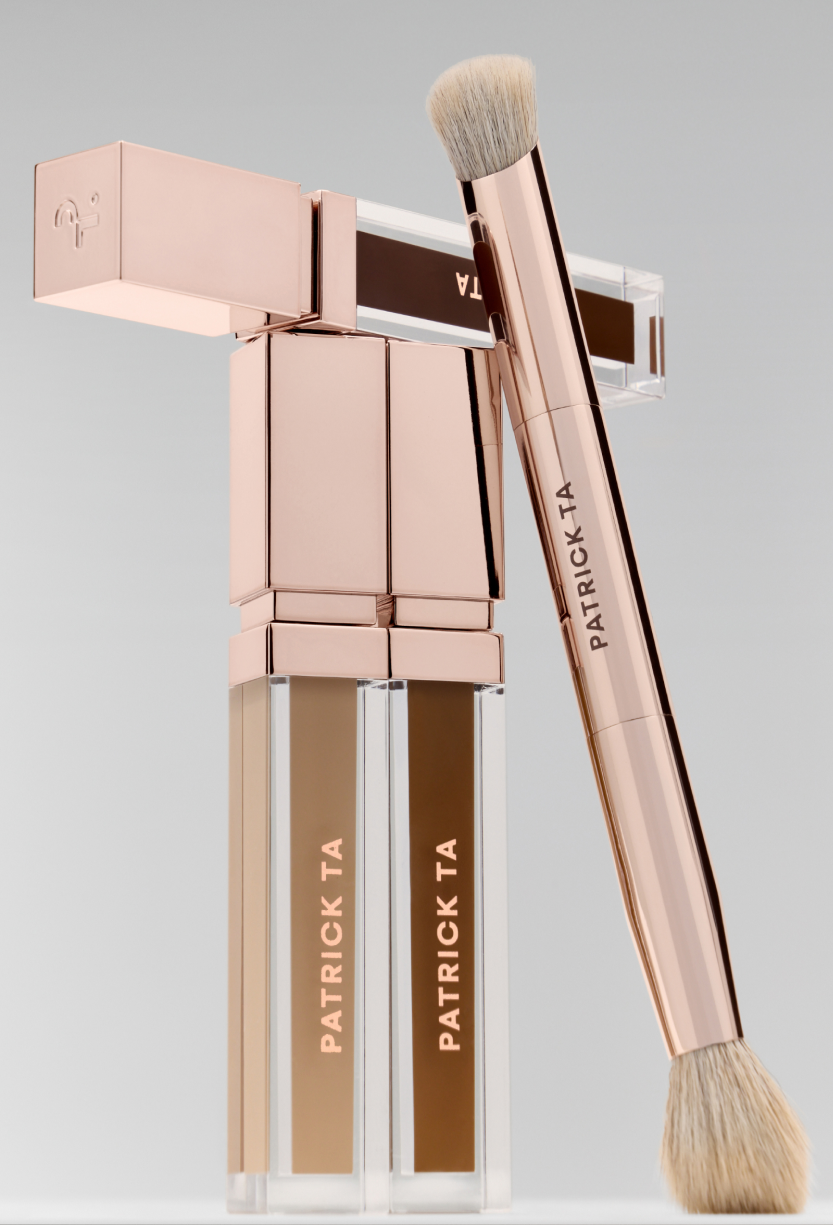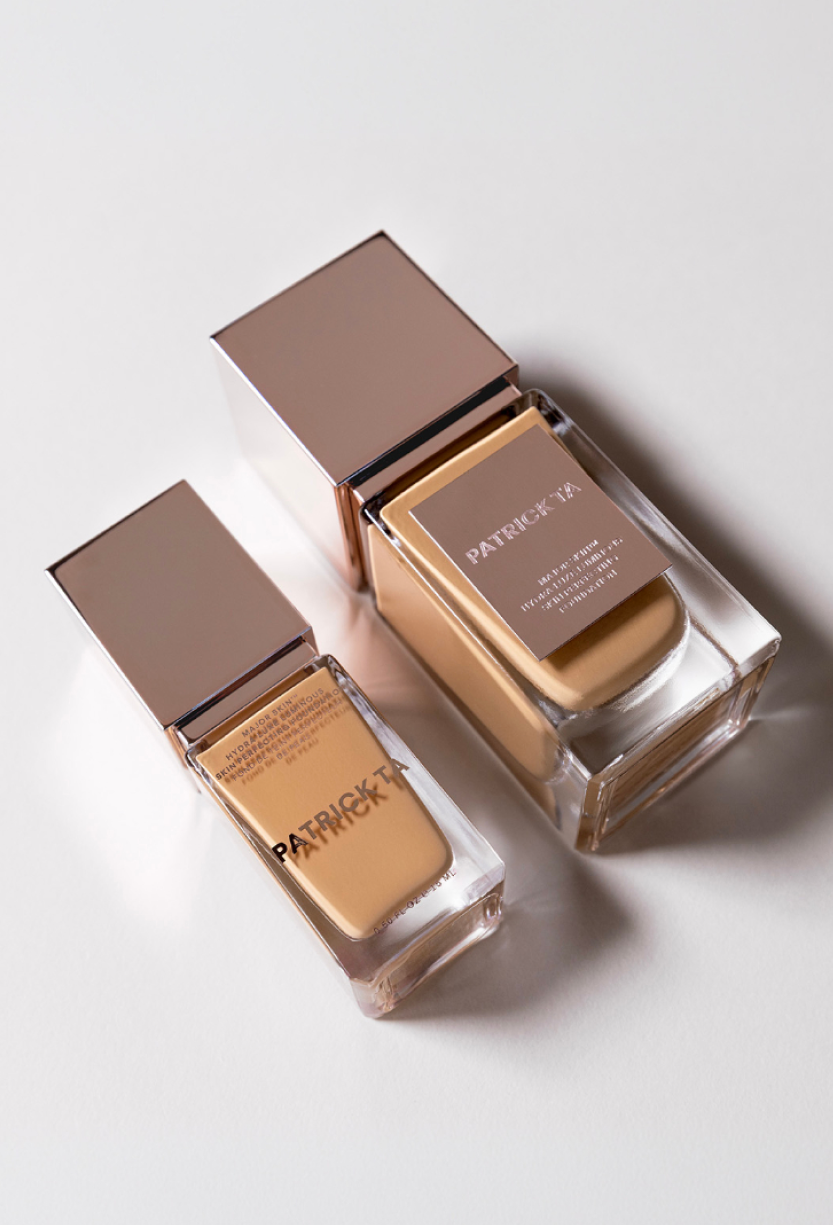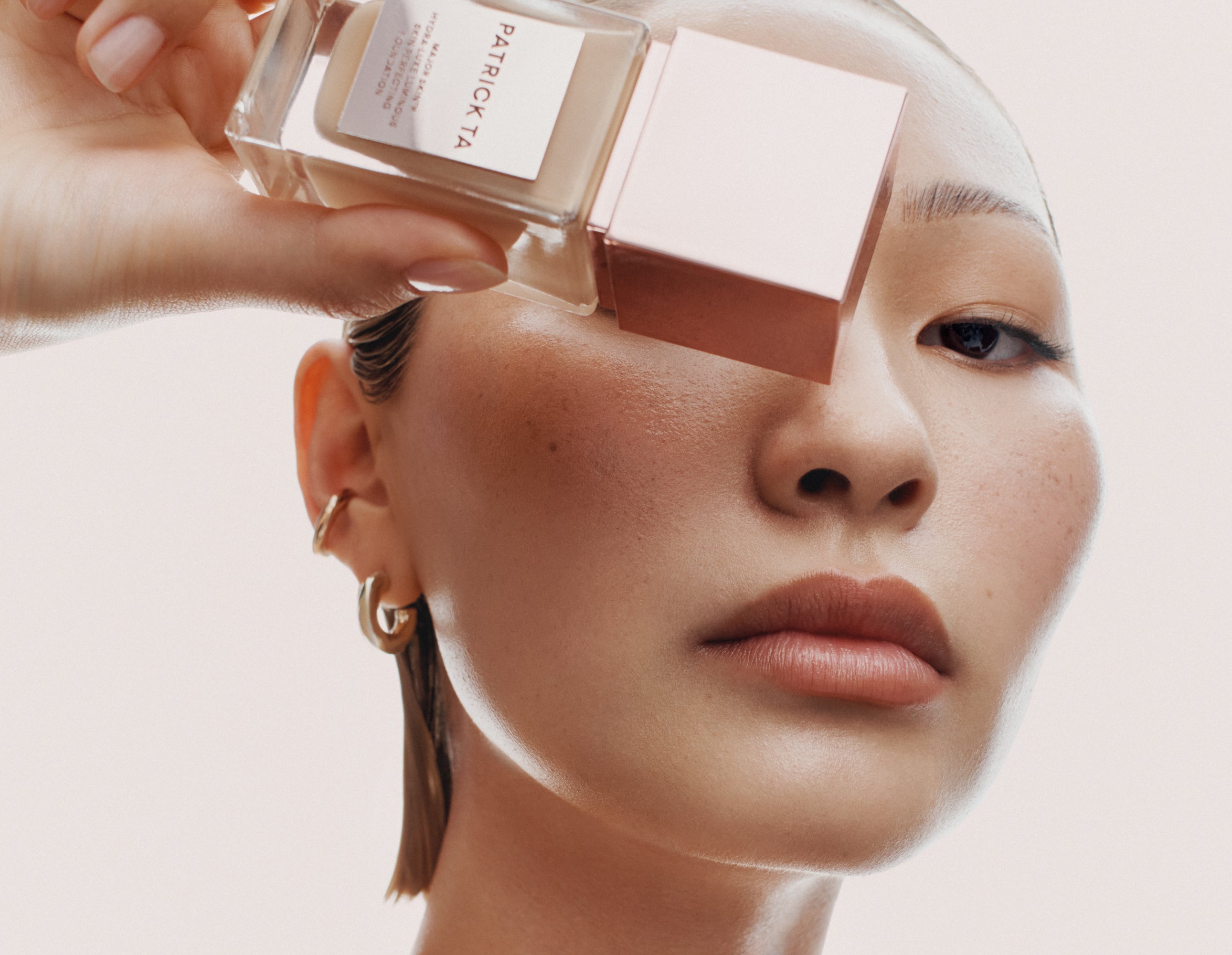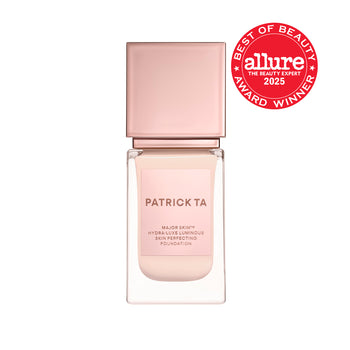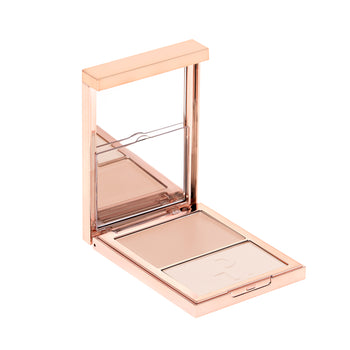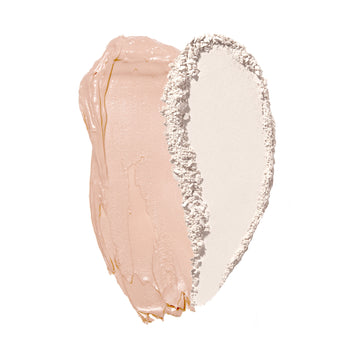How to Choose the Best Type of Foundation for Your Complexion
Finding your ultimate foundation match isn’t always an easy task. With so many types of formulas on the market, it can be challenging to identify a foundation that not only works best for your skin type, but also fits your unique needs. To help you find your fit, we’ve created the ultimate guide to finding the best foundation for your complexion and preferences.
Understanding Your Complexion
Skin type is one of the most important factors to consider when picking out a foundation. This will help you find a formula that will best serve the needs of your skin.
Those with dry skin, for example, will want to reach for a foundation made with emollients and hydrators that will melt into the skin without exacerbating dry patches. Meanwhile, someone with oily skin may want to use a powder, or may turn to a lightweight liquid or cream foundation that feels weightless on the skin.
Beyond knowing your skin type, you also need to consider your preferences. Think about the coverage level you want from your foundation. Someone seeking a sheer, natural look to subtly even out their skin tone should look for a light coverage foundation. On the other hand, medium and full coverage foundations can offer a flawless, airbrushed look.
On top of coverage, think about what finish you prefer. Common foundation finishes include matte, satin, and dewy.
Types of Foundations
Each type of foundation wears differently on the skin, and offers its own unique benefits. Here’s a breakdown of the different foundation categories, and how to choose foundation formulas that will work best for your needs.
Liquid Foundation
Universally loved by all skin types, liquid formulas are some of the most popular foundation types. The best liquid foundations are designed to feel weightless on the skin, yet offer long-wear results with medium coverage that works for both natural daytime wear and full glam looks.
These foundations are easy to work with, as liquid formulas can seamlessly blend into the skin for natural results. Liquid foundations are also buildable, meaning you can easily add more coverage to areas that need extra attention.
What also makes liquid foundations so popular is that they are offered in a range of finishes. Whether you prefer a matte, satin, or dewy, you’ll find a formula that matches your needs.
When choosing a liquid foundation, ensure you’re keeping your skin type in mind to get the best results. A formula made with hydrating ingredients can give a drier complexion some extra support for plump, supple skin. On the other hand, someone with combination or oily skin may consider pairing their liquid foundation of choice with a setting powder to keep excess oil in check and reduce shine.

Powder Foundation
Powder foundations come in two different formula types: loose powders and pressed powders. Loose powder foundations give the lightest coverage of the two. Meanwhile, thanks to their compact formula, pressed powders typically have more color payoff. This means they can offer a bit more coverage.
That all said, no matter which type you use, keep in mind that a powder foundation shouldn’t be the go-to for someone looking to achieve medium or full coverage. These types of foundations are ideal for anyone who wants to create a natural makeup look with light coverage. They don’t always offer the longest wear, so you may need to do some touch-ups throughout the day to extend the life of your makeup.
Given the nature of the formula, powder foundations most often have a mattifying effect on the skin. This makes them especially great for those with oily skin, as they can help control excess oil and reduce shine.
Creme Foundation
If you’re after a glowy, luminous complexion, a creme foundation will be your best friend. Creme foundations melt seamlessly into the skin, imparting a dewy finish.
Much like liquid foundations, these foundations offer long-wear results, and are also easy to build. This means you can achieve both medium and full coverage with this type of foundation. Given how easily creme foundations blend into the skin, they are able to offer this level of coverage while still looking natural on the skin.
This is often considered to be the best foundation for skin types that are drier. The richer, more emollient formula will smooth and soften the skin – and more importantly, won’t exacerbate dry spots or rougher texture.
With that said, creme foundations can still be an appropriate choice for oily and combination skin types – especially for those that want a dewy finish. A creme foundation can be paired with a lightweight translucent setting powder to control oily areas of the skin while still maintaining that fresh, glowy look.
Tinted Moisturizer/BB Cream/CC Cream
These types of formulas are great for daytime wear, especially when you’re looking to achieve a natural makeup look quickly. They are easy to apply, and offer a lightweight coverage to blur the look of imperfections and promote a more even skin tone. All three come in a variety of finishes, and can work for all skin types.
Tinted moisturizers have the sheerest coverage of the three. BB creams (AKA beauty balms) give light coverage, and typically offer skincare benefits. Generally speaking, CC (which stands for “color corrective”) creams offer a bit more coverage than BB creams. They are designed to cover discoloration and redness for a more even skin tone.

Matching Foundation to Your Skin Tone
No matter what type of foundation formula you choose, it’s essential that you pick an option that best matches your skin tone. Along with finding the right formula for your skin type, this is the key for getting the most natural look from your foundation.
When trying to decipher if a shade matches your skin tone, try swatching it on your jaw. Then, analyze your skin in natural light to see if it is detectable on your complexion. If it seems to meld in with your natural skin, you’ve found your match.
With the right foundation, you can achieve the exact beauty look you desire. A foundation that suits your skin type, skin tone, and preferences can elevate your complexion and create the perfect base for your makeup routine.
@patricktabeauty
@patricktabeauty
